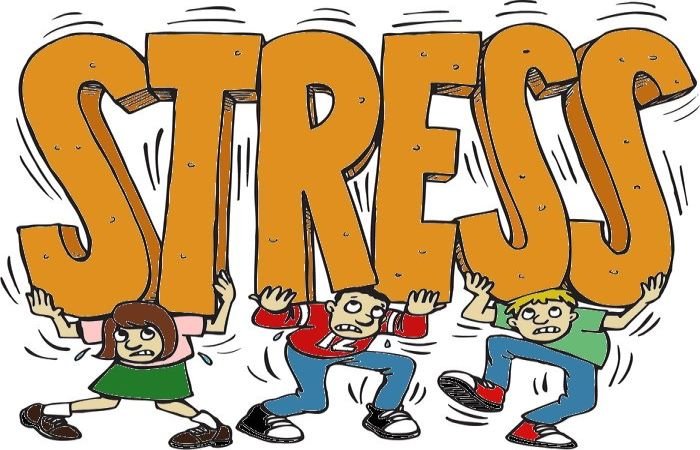
How stress can make people sick ?
Stress is a common experience in our fast-paced world, but its effects can be more profound than many realize. According to a TED-Ed video on stress, this seemingly normal response can lead to significant health issues. Understanding how stress operates and its impact on the body is crucial for managing it effectively.
What is Stress?
Stress is the body’s reaction to challenges or demands, known as stressors. These can be external, such as work pressures or personal challenges, or internal, like self-doubt and anxiety. When faced with stress, the body initiates a response that involves the release of hormones, including adrenaline and cortisol. This “fight or flight” response is designed to protect us in dangerous situations, but it can be detrimental if activated too frequently or for prolonged periods.
The Biological Impact of Stress
1. Immune System Suppression: One of the most alarming effects of chronic stress is its ability to weaken the immune system. Elevated cortisol levels can reduce the production of essential immune cells, making the body more susceptible to infections and diseases. This is why stressed individuals often find themselves falling ill more frequently.
2. Cardiovascular Issues: Stress has a direct impact on heart health. Chronic stress can lead to elevated blood pressure and increased heart rate, raising the risk of heart disease. The video emphasizes that managing stress is crucial for maintaining cardiovascular health.
3. Digestive Problems: Stress can also wreak havoc on the digestive system. The body’s stress response diverts blood away from the digestive tract, which can lead to issues like indigestion, heartburn, or irritable bowel syndrome (IBS). This interruption in normal digestive functions can contribute to long-term gastrointestinal problems.
4. Mental Health: The link between stress and mental health is well-documented. Chronic stress can lead to anxiety, depression, and other mental health disorders.
Some things can be done to deal with stress and feel more relaxed to suffer less such as :
Exercise: Physical activity can reduce stress hormones and activate the release of endorphins, which improve mood.
Meditation: Practices like meditation and deep-breathing exercises help calm the mind and reduce the body’s stress.
Social Support: Connecting with friends and family can provide emotional support and reduce feelings of isolation.
Time Management: Organizing tasks and setting priorities can help manage overwhelming situations and reduce stress.
Conclusion
Understanding the link between stress and health is vital for overall well-being. While stress is an inevitable part of life, its long-term impact can be managed. By adopting healthy strategies, people can reduce stress levels and improve their physical and mental health.
Comment
Maria Rabia Ferdjallah
True, it's a terrible feeling. YOUR BLOG is AMAZING
Anais Leroul
It is a very good blog . For me one of the best .
Rania Oukil
What an amazing blog, thank you.















